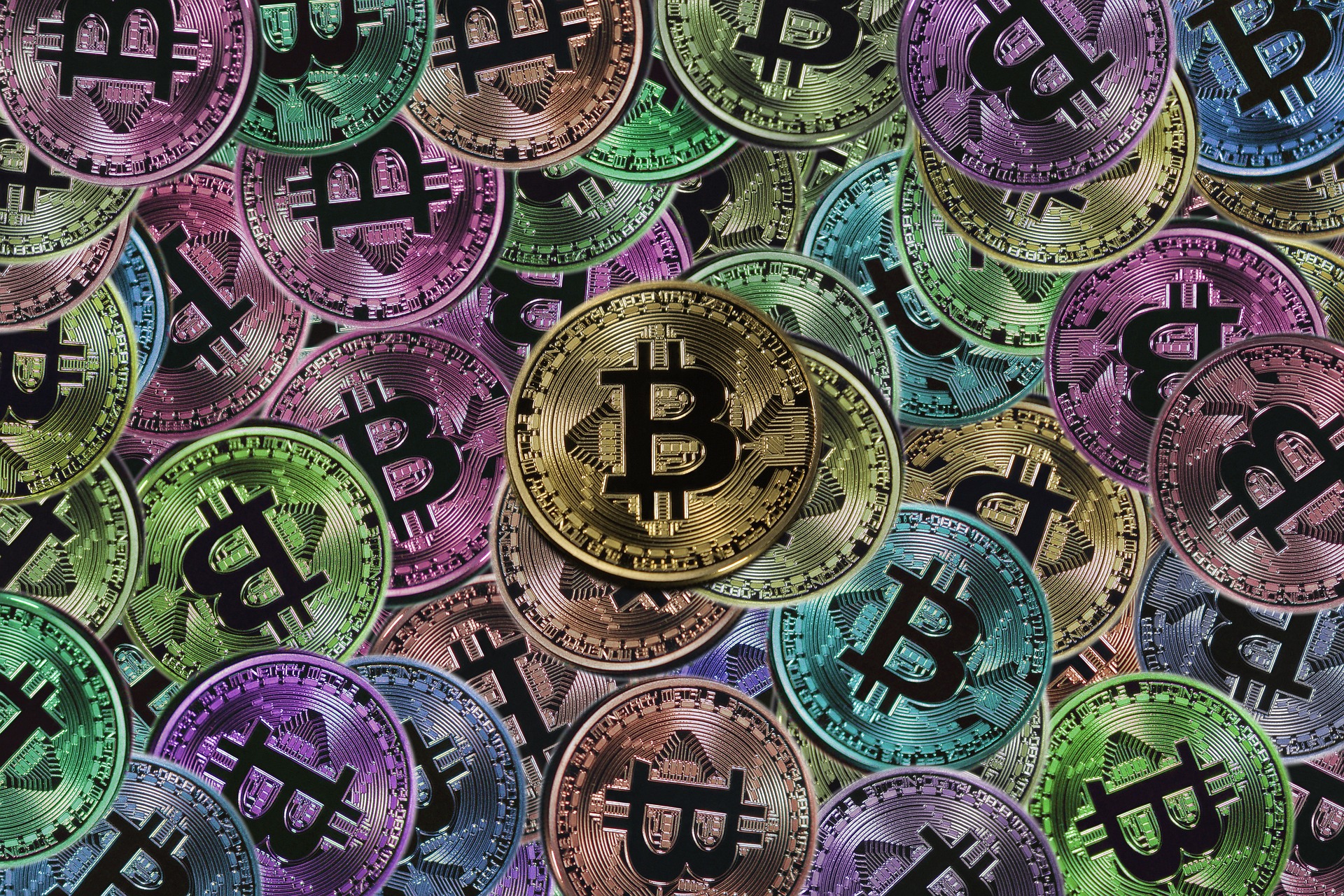Decentralized Finance, commonly known as DeFi, is revolutionizing the traditional financial system by offering a wide range of innovative financial products and services. By leveraging blockchain technology, DeFi aims to create a more open, transparent, and accessible financial system for everyone. If you’re new to the world of DeFi, this beginner’s guide will help you understand the basics and navigate the DeFi ecosystem with ease.
What is Decentralized Finance (DeFi)?
Decentralized Finance (DeFi) refers to a collection of financial applications and services built on blockchain networks, primarily Ethereum. DeFi aims to democratize finance by removing intermediaries, such as banks and financial institutions, and enabling individuals to access financial services directly through decentralized platforms.
Key Components of the DeFi Ecosystem
- Smart Contracts: DeFi relies on smart contracts, which are self-executing contracts with the terms of the agreement directly written into code. These contracts automatically execute when certain conditions are met, enabling trustless transactions and financial services without intermediaries.
- Decentralized Applications (dApps): dApps are applications that run on decentralized platforms, such as Ethereum. They leverage smart contracts to provide various DeFi services, including lending, borrowing, trading, and asset management.
- Decentralized Exchanges (DEXs): DEXs are platforms that enable users to trade digital assets without relying on a centralized authority. Users maintain control over their funds while trading on DEXs, reducing counterparty risk and increasing privacy.
- Stablecoins: These are digital assets pegged to stable assets like the US Dollar, providing a stable store of value in the otherwise volatile crypto market. Stablecoins play a crucial role in DeFi by enabling users to participate in various financial services without being exposed to price fluctuations.
Popular DeFi Use Cases
- Lending and Borrowing: DeFi platforms allow users to lend their digital assets and earn interest, while borrowers can access loans without traditional credit checks. Interest rates are often determined by supply and demand, creating a more efficient lending market.
- Decentralized Trading: Users can trade various digital assets, including cryptocurrencies and tokens, on DEXs. These exchanges eliminate the need for a central authority, reducing counterparty risk and providing more control over funds.
- Asset Management: DeFi offers various tools for managing digital assets, such as tokenized investment portfolios, yield farming strategies, and liquidity provision on DEXs.
- Insurance: Decentralized insurance platforms provide coverage for various risks associated with smart contracts, decentralized applications, and digital assets, protecting users from potential financial losses.
- Synthetic Assets: DeFi platforms enable the creation of synthetic assets, which are tokenized representations of real-world assets, such as stocks, commodities, or currencies. This allows users to gain exposure to these assets without actually owning them.
Getting Started with DeFi
- Acquire a digital wallet: To interact with DeFi platforms, you’ll need a digital wallet that supports Ethereum-based tokens and dApps. Popular options include MetaMask, Trust Wallet, and Ledger hardware wallets.
- Obtain cryptocurrencies: Purchase Ethereum (ETH) or other supported cryptocurrencies on a centralized exchange, such as Coinbase or Binance. You’ll need these funds to interact with DeFi platforms and pay for transaction fees.
- Explore DeFi platforms: Visit popular DeFi platforms like Uniswap (DEX), Compound (lending/borrowing), and Yearn.Finance (asset management) to explore available services. Make sure to do thorough research and assess the risks involved before investing in any DeFi platform.
Conclusion
DeFi is reshaping the financial landscape by offering innovative, accessible, and decentralized alternatives to traditional financial services. As the DeFi ecosystem continues to grow and mature, it promises to unlock new opportunities and empower individuals to take control of their financial well-being.
To navigate the DeFi ecosystem successfully, it’s essential to stay informed about the latest developments, understand the risks associated with various DeFi services, and practice proper risk management. Keep in mind that DeFi is still a nascent industry, and as with any investment, it’s crucial to do your research and only invest what you can afford to lose.
By understanding the fundamentals of DeFi and exploring its diverse range of use cases, you’ll be better equipped to leverage the power of decentralized finance and participate in the ongoing revolution of the financial system. Welcome to the world of DeFi!



